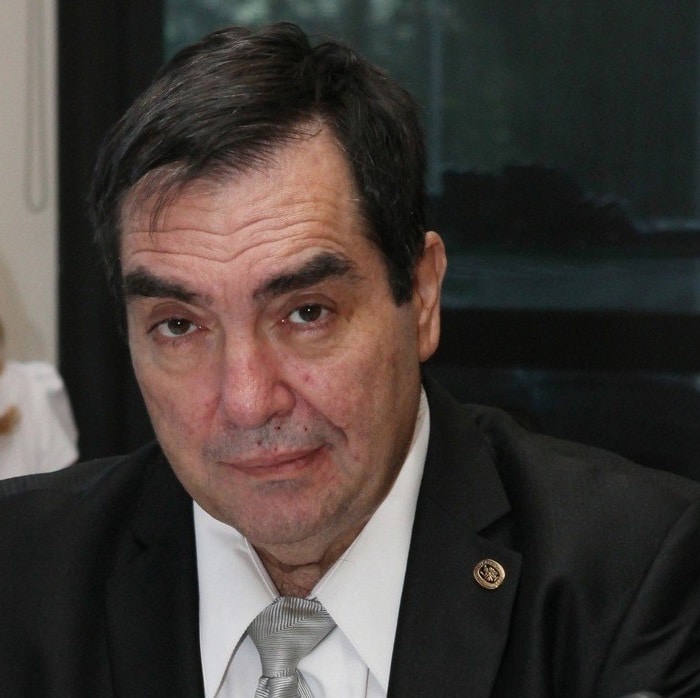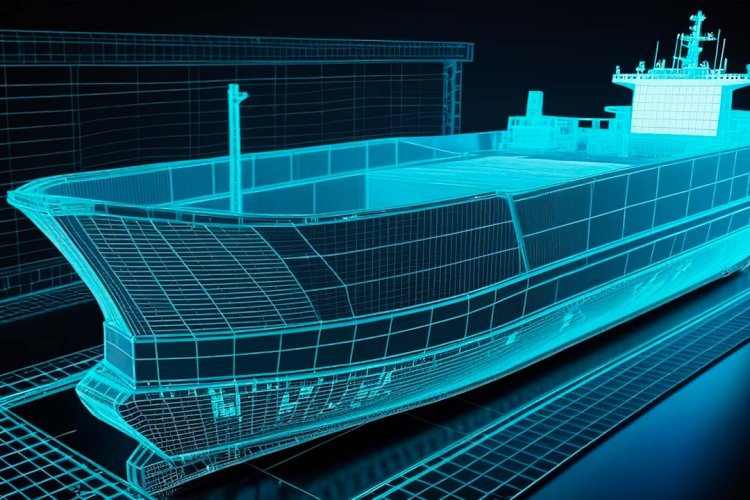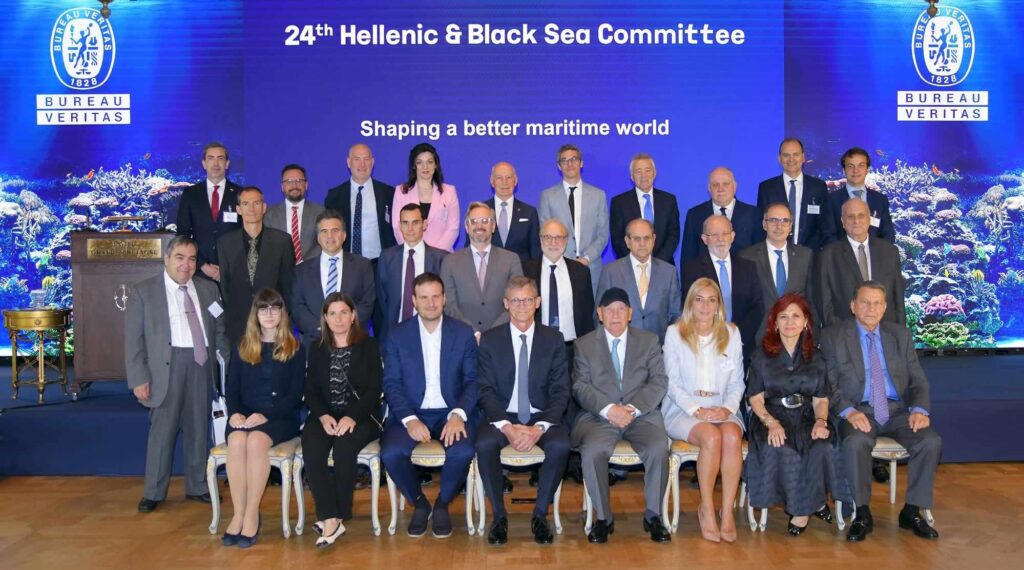Piraeus, Greece, – Bureau Veritas (BV), a world leader in testing, inspection and certification, has hosted its 25th Hellenic and Black Sea Committee.
This year’s Committee gathered together leaders of the Greek shipping industry and was hosted by Paillette Palaiologou, Vice President of Southeast Europe, Black Sea and Adriatic Zone at BV Marine & Offshore, under the Chairmanship of George Procopiou and in the presence of Matthieu de Tugny, President of BV Marine & Offshore.
Annual Committee meeting
The annual Committee meeting is a forum for BV to share and discuss industry challenges as well as the latest technical developments. It plays an important role in the ongoing dialogue with the industry to address technical, operational and regulatory challenges.
BV Group’s activities
George Procopiou, Chairman of the Committee, welcomed the participants, followed by Matthieu de Tugny, who presented BV’s activities and latest initiatives.
He detailed BV Group’s activities and shared the benefits of the breadth of activity across BV’s operations – Building & Infrastructure, Certification, Agrifood & Commodities, Consumer Products and Industry.
Vessel running costs.
He also spoke about the ever-changing and demanding shipping industry landscape, focusing on BV’s expertise and technical excellence.

Dr John Kokarakis, Technical Director of SEEBA Zone at BV Marine & Offshore, gave a thorough presentation on the regulatory framework of the EU and IMO, complemented by examples of their effects on vessel running costs.
He was followed by Benjamin Lechaptois, Head of the Future Shipping Team at BV Marine & Offshore, who addressed the question as to whether the IMO GHG targets can be met and how.
Insightful presentation
The second part of the Committee commenced with Ghigo Ravano, Executive Chairman of Ifchor Galbraiths, who made an insightful presentation on the current situation of the market and on the macro picture in the age of uncertainty. George-Paul Perantzakis,
Fleet & Technical Director of Naftomar, spoke about the future trade and seaborne movement of ammonia, examining related opportunities and challenges.
SEEBA Zone
A very interesting section about plastics in the oceans followed, with Vassilis Dimoulas, Technology & Innovation Director of SEEBA Zone, presenting the threats to marine and human life as a consequence of ocean plastic.
Consequently, Suzanna Laskaridis, Director of Laskaridis Group, introduced the committee to the group’s Blue Cycle project, which focuses on collecting plastic from the ocean and putting it to good use through recycling.
Finally, Eleni Letoni, Communications Sales & Marketing Coordinator at BV Marine & Offshore, gave a timely presentation about the history of the Olympic Games in association with Greece and France.
BV is committed to maintaining an open dialogue throughout the industry through its committee meetings held across the world.

Seafar NV Receives Approval in Principle from Bureau Veritas for Remote Vessel Operations Technology
On the other hand Seafar NV, an Antwerp-based industry leader in the development and operational integration of technologies for remote vessel operations, has recently been granted Approval in Principle (AiP) by Bureau Veritas (BV), a global leader in the Testing, Inspection, and Certification (TIC) industry, for a new communication system that is part of its remote control technology solution for ships.
New digital solution
Seafar NV manages and operates unmanned and crew-reduced inland and coastal vessels via Remote Operations Centers (ROC). The new digital solution is a synchronous control communication system that supports the transfer of onboard functions to the shore,
ROC desks
The technology also enables captains to transfer between ROC desks during periods of ships’ inactivity, removing the need for them to physically move between vessels.
As a result, Seafar’s communication system offers a solution to enhance manning efficiency and increase the competitiveness of waterborne transport, with an emphasis on effective and safe operations.
Control operations

Designed to support fully remote control operations at Degree RC3, as defined in BV Guidance Note NI641 Guidelines for Autonomous Shipping, the system has demonstrated the capacity to ensure low stable latency, protection against message errors, and outage contingencies. Seafar has equipped more than 40 ships with its communication system, allowing for crew reduction or even unmanned operation.
The AiP was conducted in accordance with the notation SYNC-COM, as described in BV Rule Note NR467 Rules for the Classification of Steel Ships.
Significant achievement
Louis-Robert Cool, CEO of Seafar NV, stated: “Receiving the Approval in Principle from Bureau Veritas marks a significant achievement for Seafar NV. This endorsement validates our commitment to pioneering advancements in semi-autonomous and unmanned shipping technologies.
Added :our new communication system, designed to enhance manning efficiency and ensure safe operations, is now recognized for its robustness and reliability.
This AiP not only reinforces our position at the forefront of maritime innovation, but also underscores our dedication to driving the future of remote vessel operations.”
Read more :
Bureau Veritas classifies Europe’s largest LNG bunker barge
Bureau Veritas Marine and Offshore makes key leadership appointments




